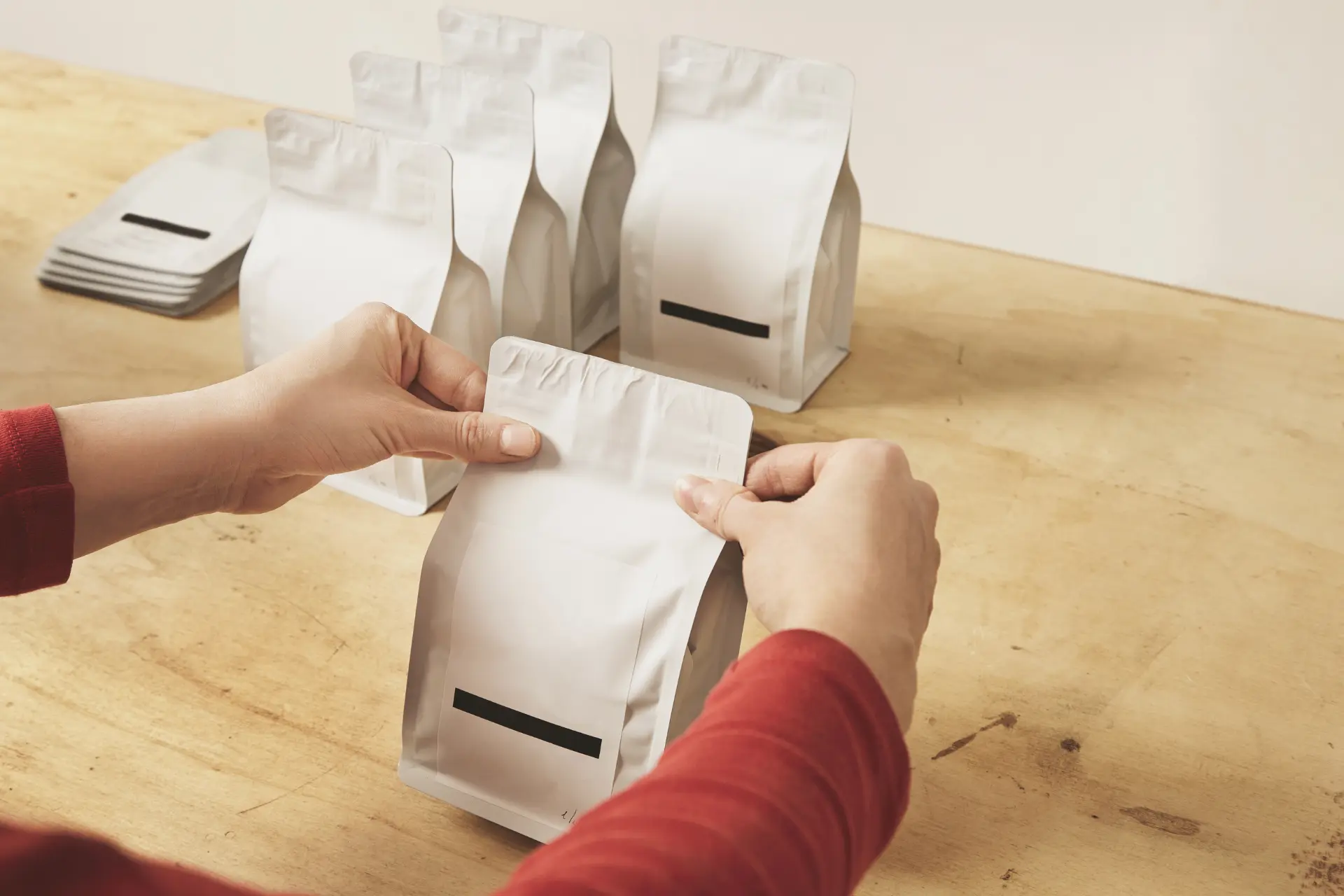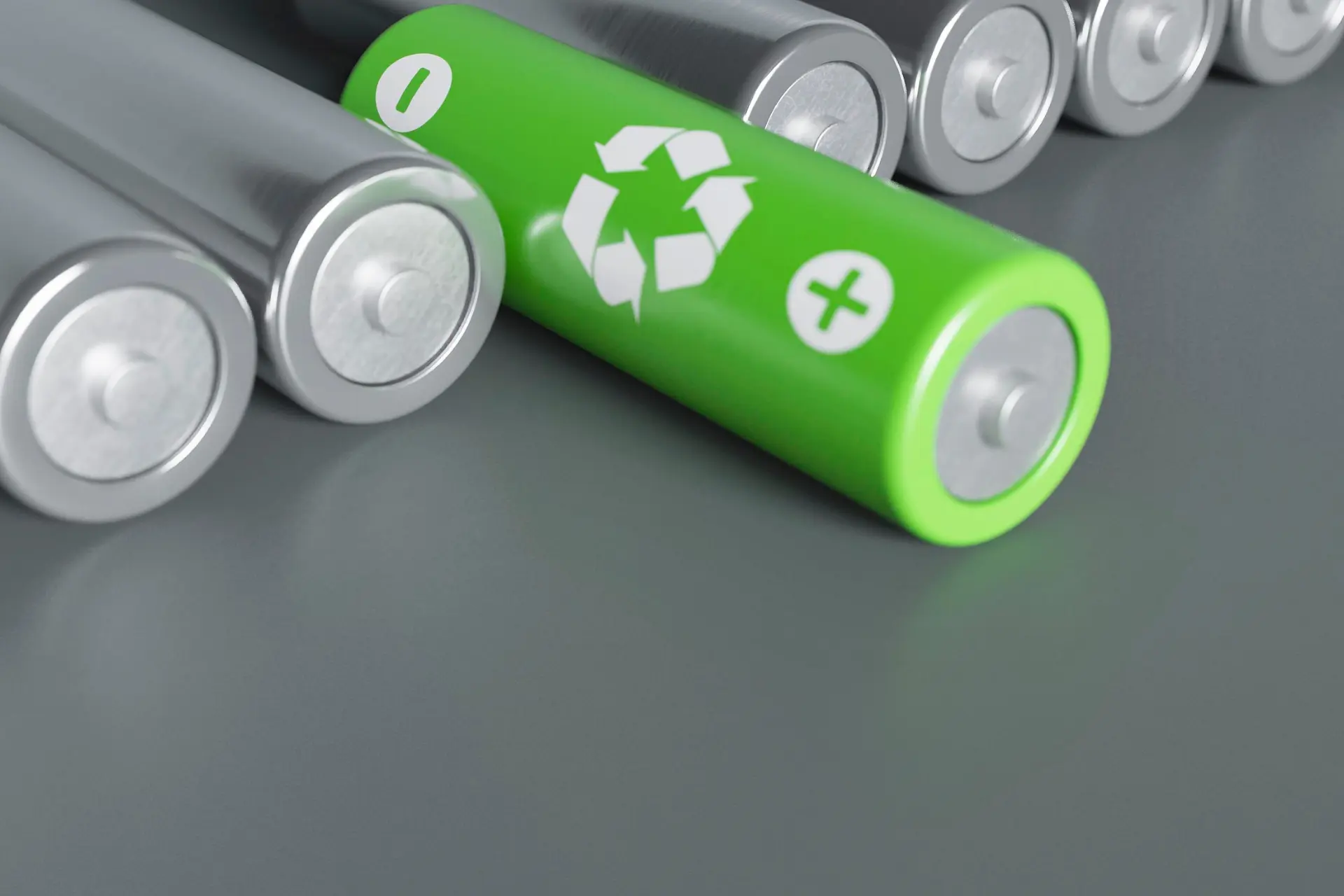Introduction
What Is the Plastic Packaging Tax?
The Plastic Packaging Tax (PPT) is a UK environmental tax introduced on 1 April 2022. Its primary goal is to reduce plastic waste by encouraging the use of recycled materials in packaging. The tax applies to plastic packaging produced in or imported into the UK that contains less than 30% recycled plastic. As sustainability becomes a growing concern for consumers and governments alike, the PPT is a critical step in transitioning businesses towards more responsible packaging practices.
Why Compliance Matters for Businesses
For companies operating in the UK, compliance with the PPT is not just a legal obligation but a strategic necessity. Non-compliance can lead to significant financial penalties, disruptions in the supply chain, and damage to brand reputation. More importantly, aligning with the tax demonstrates a business’s commitment to environmental stewardship and long-term sustainability goals. Ensuring compliance today builds resilience and positions companies as responsible players in the circular economy.
Understanding the Plastic Packaging Tax (PPT)
Overview of the UK Plastic Packaging Tax
The PPT is charged at a rate of £217.85 per tonne (as of April 2024) on plastic packaging that contains less than 30% recycled content. This tax applies to packaging that is either manufactured in the UK or imported. The aim is to shift demand away from virgin plastics, promoting the circular use of materials.
Who Needs to Comply?
Businesses that manufacture or import 10 tonnes or more of plastic packaging within a 12-month period must comply with the PPT. This includes packaging used for enclosing, protecting, handling, delivering, or presenting goods. The tax covers both filled and unfilled packaging, making it relevant to a wide range of sectors from food and beverage to logistics and consumer goods.
What Counts as Plastic Packaging?
Plastic packaging includes any material predominantly made from plastic that is used for containment, protection, handling, delivery, or presentation. This encompasses items such as bottles, trays, films, wraps, and even packaging components like caps and labels if they are integral to the product’s packaging. However, exemptions exist for packaging used for licensed human medicines, as well as packaging exported outside the UK within 12 months of manufacture or import.
To avoid the tax, packaging must include at least 30% recycled plastic by weight. Recycled plastic can be derived from post-consumer waste, such as used bottles, or pre-consumer waste, like manufacturing scrap. Evidence must be available to demonstrate that the threshold has been met, typically in the form of supplier declarations or certification documents.
Key Compliance Requirements to Remain Compliant With Plastic Packaging Tax
- Registration Requirements: Businesses that meet the 10-tonne threshold must register for the PPT within 30 days of becoming liable. Registration is completed through the HMRC online portal and requires accurate details regarding your business activities and packaging volumes. Even if you do not ultimately owe any tax (for instance, if all your packaging meets the recycled content threshold), registration is still mandatory once the threshold is exceeded.
- Record-Keeping Obligations: Maintaining accurate and comprehensive records is crucial for demonstrating compliance. Businesses must keep documentation that shows the weight and composition of packaging, recycled content levels, intended use (e.g., exports), and the source of the plastic materials. Records must be kept for at least six years and be readily available for inspection by HMRC. A structured data management approach can streamline this obligation, helping to avoid costly errors or omissions.
- Calculation and Reporting: Tax is calculated based on the weight of plastic packaging that falls below the 30% recycled content threshold. Businesses must submit quarterly tax returns, detailing the volume and type of packaging handled and the amount of tax due. These returns are due by the end of the month following each quarter-end (April, July, October, and January). Timely and accurate reporting is essential to avoid penalties and maintain compliance.
Sourcing and Verifying Recycled Content
Types of Recycled Plastic That Qualify
Not all recycled plastic is created equal. Qualifying material must originate from either pre-consumer or post-consumer waste and must be processed into usable raw materials through recognised recycling methods. Mechanical and chemical recycling are both acceptable, provided the output meets performance and safety standards suitable for packaging applications.
Supplier Certification and Documentation
To verify recycled content, businesses must obtain reliable documentation from their suppliers. This may include certificates of conformity, technical data sheets, or detailed material specifications. These documents must clearly indicate the percentage of recycled content and provide traceability back to the source. Establishing strong relationships with transparent suppliers is key to managing this process effectively.
Auditing and Quality Assurance
To ensure compliance and prepare for potential audits, businesses should implement internal quality control procedures. This may involve cross-checking supplier documentation, conducting sample testing, and maintaining audit trails. An internal or third-party audit programme can offer added assurance and reduce the risk of discrepancies or compliance failures.
Minimising Your Liability
Increasing Recycled Content in Packaging
One of the most straightforward ways to reduce or eliminate PPT liability is to increase the recycled content in your packaging. This may involve working with design teams to modify packaging specifications or investing in materials innovation. Upfront investment in recycled materials often pays dividends through reduced tax liability and enhanced sustainability credentials.
Redesigning Packaging to Reduce Plastic Use
Reevaluating packaging design can yield significant benefits. By simplifying packaging structures, switching to mono-material formats, or reducing overall plastic content, businesses can lower their tax exposure. Design changes should also consider functionality, consumer usability, and brand identity to ensure a balanced approach.
Exploring Alternative Materials
Where appropriate, switching to non-plastic alternatives such as cardboard, glass, or biodegradable materials can help businesses move out of the PPT scope altogether. However, such changes should be carefully assessed for environmental impact, cost, and product compatibility to ensure they deliver genuine sustainability improvements.
Collaborating with Sustainable Suppliers
Building partnerships with suppliers who prioritise recycled content and provide transparent documentation supports both compliance and broader environmental goals. Consider including recycled content criteria in your procurement policies and evaluating supplier sustainability performance as part of vendor selection processes.
How to Stay Organised and Avoid Penalties
Common Compliance Pitfalls to Avoid
Many businesses fall into avoidable traps, such as missing registration deadlines, underestimating their packaging volume, or failing to obtain sufficient evidence for recycled content. These errors can result in financial penalties and reputational harm. Proactively educating teams and embedding compliance checks into your workflows can help avoid such pitfalls.
Setting Up Internal Compliance Workflows
A well-structured compliance workflow is essential. This includes identifying responsible personnel, setting internal deadlines ahead of HMRC due dates, and ensuring cross-departmental collaboration between procurement, design, operations, and finance. Clear roles, responsibilities, and escalation routes can enhance visibility and accountability.
Using Technology to Manage Compliance
Manual data management is prone to errors and inefficiencies. Leveraging digital platforms like 4Pack enables businesses to centralise packaging data, automate documentation collection, and streamline reporting. Such tools not only ensure compliance but also free up internal resources and provide insights for strategic packaging decisions.
The Role of 4Pack in Plastic Packaging Tax Compliance
Overview of 4Pack’s Capabilities
4Pack is an advanced packaging data management solution tailored to the demands of modern compliance and sustainability requirements. It provides a single source of truth by centralising all packaging-related data, documents, and workflows. This includes product specifications, artwork, labels, materials data, and supplier records.
Unlike general-purpose ERP systems, 4Pack is purpose-built to support packaging reporting and compliance. It enables businesses to manage regional and national reporting requirements with speed, accuracy, and confidence.
How 4Pack Supports Data Management & Reporting
4Pack helps companies to record and track detailed packaging data, including weights, materials, and recycled content. The system supports automated data collection from suppliers and integrates with design and production systems to ensure real-time updates. This functionality allows for quick and reliable calculation of PPT liabilities and facilitates the generation of HMRC-compliant reports.
Why Managing Packaging Data Is Crucial for Sustainability Practices
Effective packaging data management underpins both compliance and sustainability success. 4Pack allows companies to embed sustainability from the earliest stages of product development by providing insights into materials use and recyclability. It also enhances collaboration across the supply chain by making key data accessible to all relevant stakeholders.
4Pack’s ability to centralise sustainability-related data, including carbon emissions, material origins, and recycling initiatives, creates a solid foundation for ESG reporting. By automating reporting tasks, businesses reduce the risk of error and ensure timely submissions to regulators.
Helping You Achieve Your Sustainability Goals
4Pack doesn’t just support compliance; it empowers transformation. By embedding sustainability checkpoints throughout the packaging lifecycle, the platform helps companies design more environmentally friendly products. Goals can be set, tracked, and evaluated directly within the system, enabling continuous improvement.
With 4Pack, businesses gain the tools they need to align packaging strategies with corporate ESG targets. It facilitates informed decision-making and fosters a culture of accountability and innovation.
Legal and Financial Implications of Non-Compliance
- HMRC Penalties and Fines: Failure to comply with the PPT can result in significant financial consequences. HMRC may impose penalties of up to £500 for late registration, plus daily fines until compliance is achieved. Additional charges apply for late payments and inaccurate returns, with interest accruing on unpaid taxes.
- Impact on Business Reputation and Operations: Beyond financial penalties, non-compliance can harm a company’s public image. Consumers, investors, and partners increasingly scrutinise environmental performance. Falling short on compliance can undermine stakeholder trust and disrupt operations, particularly in regulated or eco-conscious sectors.
- Appeals and Dispute Resolution: If a business disagrees with a tax decision, it can request an internal HMRC review or appeal to a tax tribunal. Ensuring complete and accurate documentation greatly improves your position in any dispute. Legal advice may be warranted in complex or high-stakes cases.
Summary of Compliance Steps
Complying with the Plastic Packaging Tax involves understanding your obligations, registering with HMRC, collecting accurate data, and reporting in a timely manner. It requires ongoing collaboration between teams and close monitoring of packaging practices. Technology solutions like 4Pack can ease this burden, turning compliance into a streamlined, strategic advantage.
Final Thoughts on Sustainable Packaging Practices
Plastic packaging regulations are here to stay, and their scope will only expand. Forward-thinking companies will not only meet compliance requirements but use them as a launchpad for broader sustainability innovation. With the right tools, partners, and mindset, businesses can transform their packaging strategies to reduce environmental impact and create long-term value.
Frequently Asked Questions (FAQs)
Do I need to register if I import less than 10 tonnes?
No, businesses handling less than 10 tonnes of plastic packaging annually are not required to register. However, it is advisable to monitor volumes regularly as thresholds may be exceeded unintentionally.
What qualifies as evidence for recycled content?
Acceptable evidence includes supplier declarations, certificates of conformity, and detailed material specifications. These must clearly show the percentage of recycled plastic and provide traceability.
Can packaging used internally be exempt?
Packaging that is used solely within the business and not intended for sale or distribution may be exempt, depending on specific use cases. Check HMRC guidance or consult a compliance expert.
What if my packaging is partially plastic?
If plastic is the main component by weight, the packaging falls under PPT. Multi-material packaging must be assessed to determine the dominant material.
How often does the tax rate change?
There is an annual review of the PPT rate and there may be adjustments on the basis of inflation or policy changes. Businesses should check HMRC updates each April to ensure accurate reporting.


